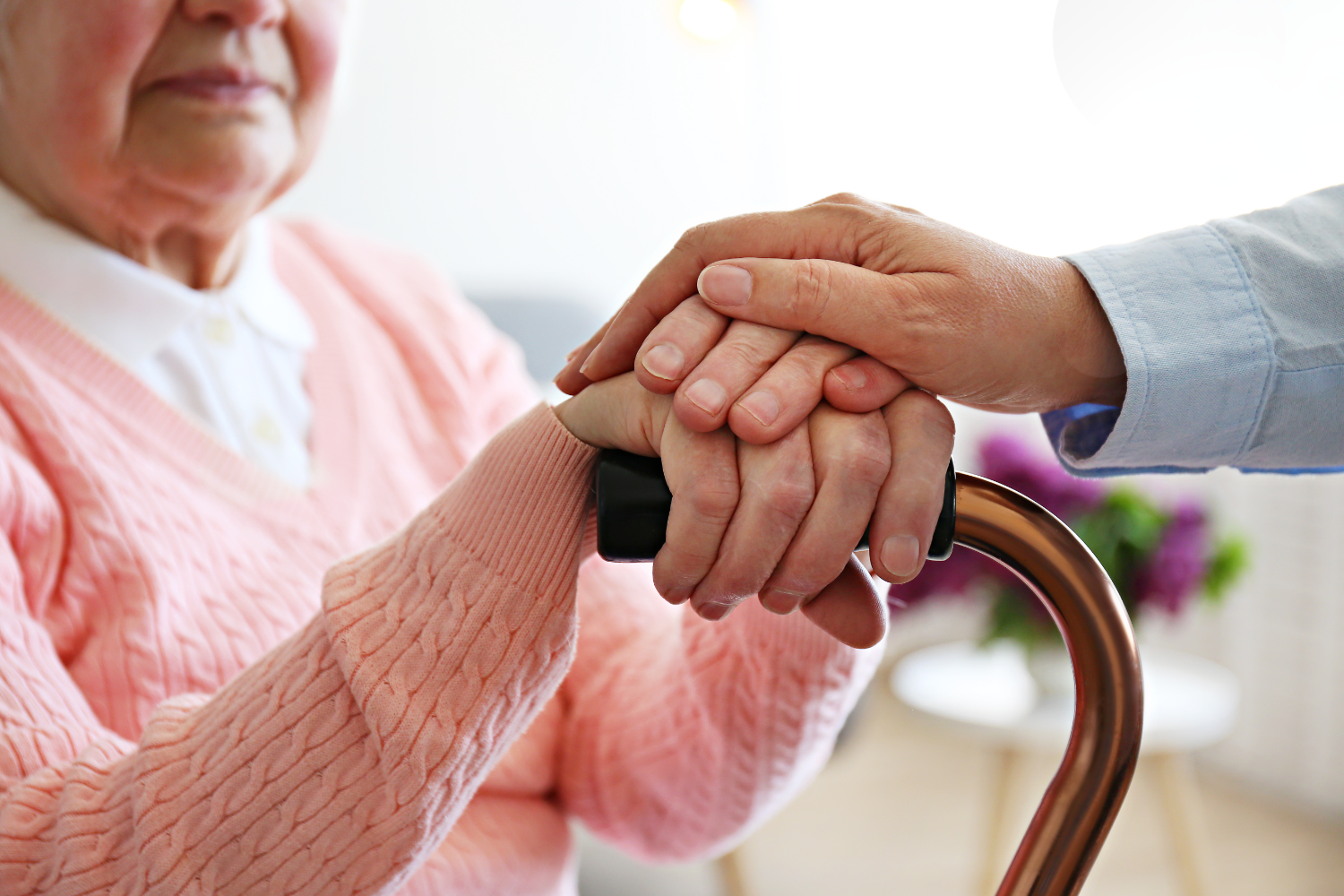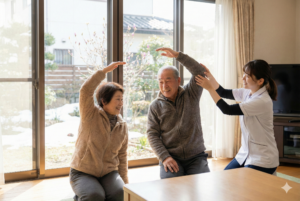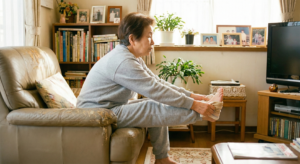My mother has been forgetting things lately and I'm worried..."
I feel limited in my ability to balance work and caregiving."
My parents refuse to care for me, but what can I do...?"
When care is needed,It is not only the person being cared for who is distressed.
In fact, family members are often more confused and anxious, and often feel that they do not know who to talk to.
This article is based on the voices of professionals who have worked in the field of long-term care for many years,Common family problems and tips for solving themThe following is a summary of the following information.
We don't want caregiving to be just "hard" and "tougher.
We will provide you with as much information as we can to help you.
Concern #1: "My parents don't want me to care for them and won't accept it."
Common Situations
- They get angry when you talk about care services.
- Feeling "embarrassed" about day and home care services
- The person himself stubbornly denies it, saying, "I'm still fine."
Solution Tips
Refusal is often due to a desire not to lose independence or a misconception that nursing care = bedridden.
Instead of suddenly talking about caregiving, "I want to figure out a way to make your body comfortable," "I want to feel at ease too," etc,Convey this as a family thought.is recommended.
First.Start with a short visit or a trial tour.This can help alleviate concerns about service.
Concern #2: "There is a limit to what the family can do alone to continue caring for the patient..."
Common Situations
- I don't feel at ease day or night.
- Physical and mental limitations of balancing work and nursing care
- Frustration at the difference in burden between siblings.
Solution Tips
Caregiving is not a one-person endeavor.
If you consult with your municipal office or care manager,Long-term care insurance services available at home(home-visit care, day service, short stay, etc.).
In addition, "short stay" and "small multifunctional facilities" can also provide respite for family members.
It is also very important to have time for yourself as you continue to care for your loved one.
Concern #3: "I live far away and don't know how my parents are doing."
Common Situations
- Worried about parents living alone
- I call regularly to find out what's really going on.
- Worried about being able to cope with sudden hospitalization or accidents
Solution Tips
The following are some of the systems that can be used to watch over elderly persons living alone.
- Installation of monitoring sensors and emergency alert devices
- Use of home care and daily living assistance
- Stay connected with the local comprehensive support center
depending on the regionRegular visitation type monitoring serviceis also taking place.
Having a trusted local care team or business makes a difference in "peace of mind" when something goes wrong.
Concern 4: "Long-term care insurance and welfare systems are difficult to understand.
Common Situations
- I don't know where to start the procedure.
- I feel like it's too much trouble to apply," or "Where do I go for help?" Where can I get help?
- Too much information on the Internet is confusing to the contrary.
Solution Tips
The first step is to consult with the "Community Comprehensive Support Center (for the elderly)" or the "Disability Welfare Section (for people with disabilities).
Also, if you want to use long-term care insurance services,Application for certification of long-term care needs → selection of care manager → creation of care planThis is the process.
Many people have told us that difficult terms and systems were surprisingly simple when they talked to professionals.
It is OK to "ask anything" that concerns you.
Safety and peace of mind connecting with local professionals [PR].
In and around Numata City, Gunma Prefecture,Medical Corporation Taiseikaiand ... andSocial Welfare Corporation KuninkaiThe,
We provide community-based care and welfare services.
- Consultants and care managersExplanation and consultation of the system by
- Day service, home-visit care, employment support, group homeDiverse support options such as
- Facility tours and individual consultations for families are also available.
When you want to "ask a few questions" in caregiving or disability support,Feel free to contact us for an initial consultation.
▶ Kuninkai Nursing Care Service
▶ Disability Welfare Services of Kuninkai
▶ Daiseikai Nursing Care Services
Conclusion: "Talking it out" is the beginning of the solution.
The problems of caregiving are very personal and difficult to discuss with others.
But someone who had the same problem.Talking to someone saved my life.There are many examples of this.
If any of the concerns and tips presented in this article apply to your own situation,
Please do not keep it to yourself, but talk to someone first.
This will surely lead to "the strength to continue caregiving" and "a positive attitude.
\ Please feel free to contact us if you have any problems /.
Medical Corporation Taiseikai Uchida Hospital Community Medical Cooperation Office
(TEL) 0278-24-5329









